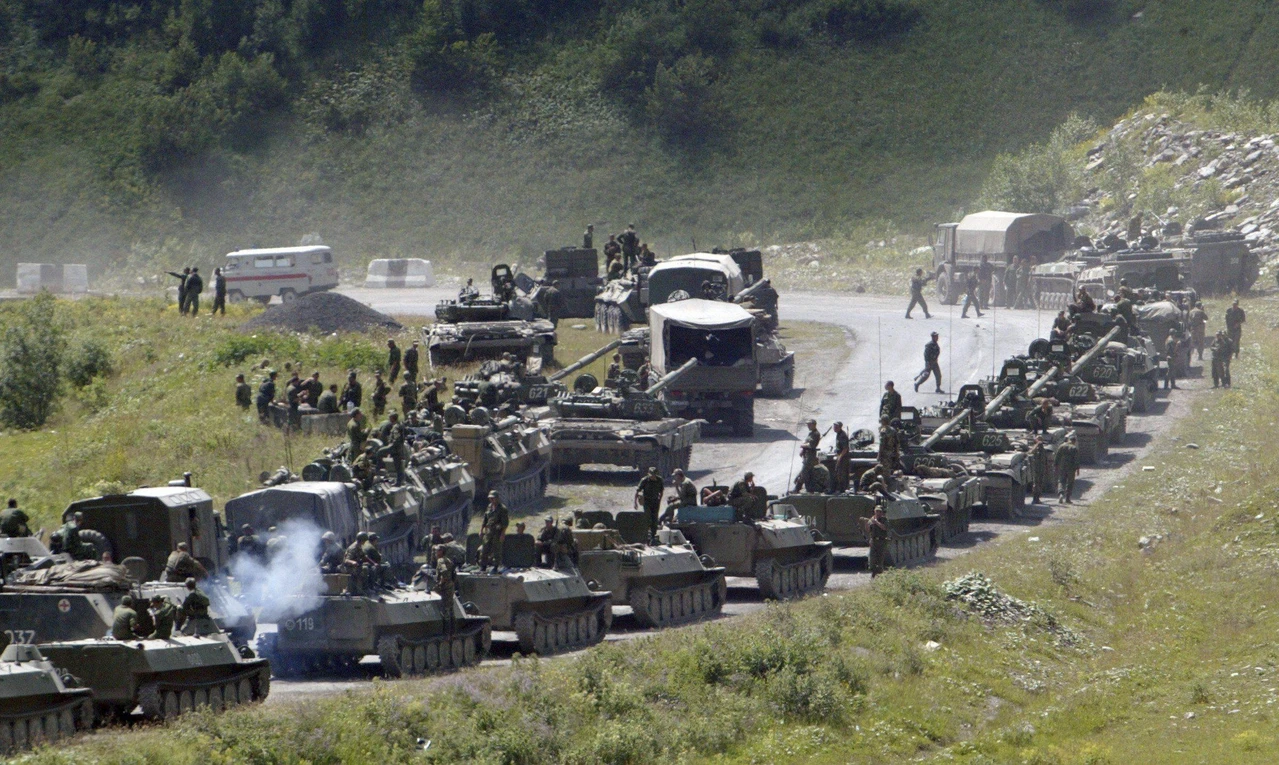Top European court condemns Russia’s border practices in Georgia conflict

European Court of Human Rights (ECHR) has condemned Russia for its involvement in ongoing conflict between pro-Moscow separatist pockets in Georgia
The European Court of Human Rights (ECHR) has decisively condemned Russia for its activities in the ongoing war between pro-Moscow separatist pockets in Georgia Tuesday.
Russia was judged to have violated human rights rules by drawing a contentious boundary between Georgia and the separatist republics of South Ossetia and Abkhazia.
The lawsuit, which the Georgian government brought out, clarifies the persistent tensions in the area that have existed since Russia invaded Georgia in 2008. Since then, Russia has remained militarily present in South Ossetia and Abkhazia, claiming sovereignty over the regions and admitting them as sovereign nations.
Russian soldiers’ erection of guard towers and barbed wire barriers along the disputed border has sparked international criticism, with some calling it “illegal borderization.”
A large percentage of the local population has been displaced because of this militaristic strategy, with families being compelled to evacuate farther into Georgia to avoid the rising tensions.
The situation of Georgia’s people, who were often harassed and imprisoned by de facto and Russian authorities for trying to cross the separatist boundary, was brought to light by the country’s case to the European Court of Human Rights.
The seriousness of the situation was further highlighted by allegations of murders, torture, and cruel treatment.
ECHR said in its decision that Russia had violated the European Charter of Human Rights, namely the rights to life, liberty, and freedom from torture. Georgia has won a major legal battle with this ruling, which also establishes a standard for holding Russia responsible for its activities in the area.
Beyond the legal ramifications, Amnesty International has documented the significant effects on local populations of Russia’s border tactics.
The separation caused by the so-called border has damaged rural communities’ ability to support themselves by severing their links to families, farms, and water sources.
Although diplomatic ties were strained when Russia invaded Ukraine and was expelled from the Council of Europe, the ECHR still hears cases involving Moscow.
The court’s decision highlights the value of international legal frameworks in maintaining human rights norms and fostering peace in areas impacted by war.
Source: AFP



